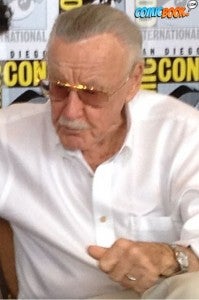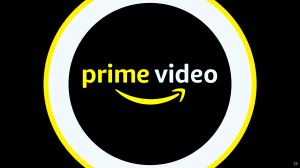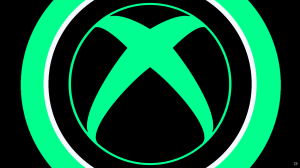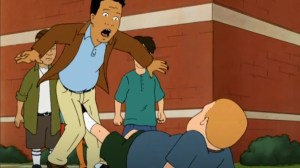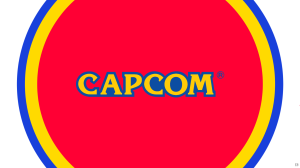A new documentary film heading to home video this week that purports to be a history of Stan Lee’s life and career, is actually little more than an 80-minute PR reel for the comics icon, parading dozens of celebrities in front of the camera to extoll his virtues without ever attempting to answer the hard questions of Lee’s career.That may not seem like a fair assessment–after all, the film is about Lee, not about his conflicts with Jack Kirby and Steve Ditko and the Marvel and Stan Lee Media and on and on. Certainly, this documentary gets Lee to talk a bit about those conflicts, although he downplays them and his version of events is not seriously challenged. But a feature-length film that purports to be a definitive chronicle of a fifty-year career fraught with conflict and controversy ought to at least acknowledge that there are more to them than a few minutes, or a mention, each.Where the movie does best is in depicting Lee as he interacts with his wife and others. The way he talks about Jack Kirby pulls at the heartstrings in a way that will leave all but the most dedicated of the pro-Kirby, anti-Lee stalwarts to question whether Lee is such a bad guy. He claims to have made up with Ditko, even to the point where they very recently discussed the possibility of working together again. Bonus features see him interacting with Todd McFarlane at Lee’s Hollywood Walk of Fame presentation, with Joe Quesada and Kevin Smith at UCLA…and lots more with his wife, Joan, who comes out of the film as his muse, who inspired him to create comics and then spent so much of his money that he had to keep doing so.It seems clear that the filmmakers were interested in that aspect of Lee, as so much of it remains in the film in spite of the fact that it’s nominally a movie about his career, but at the end of the day, the length again comes into play; in order to give Lee’s long, distinguished and controversial career its due, a filmmaker would have to undertake a Ken Burns-style, six-to-ten-hour format and failing that, this movie has to give viewers a peek at these fascinating moments and move on. They’re hinted at early on, though, when Lee describes the first long-form interview that he and Jack Kirby did with a newspaper reporter about the success of their work together.
Stan Lee Documentary “With Great Power” Shirks its Great Responsibility
A new documentary film heading to home video this week that purports to be a history of Stan Lee’s […]



